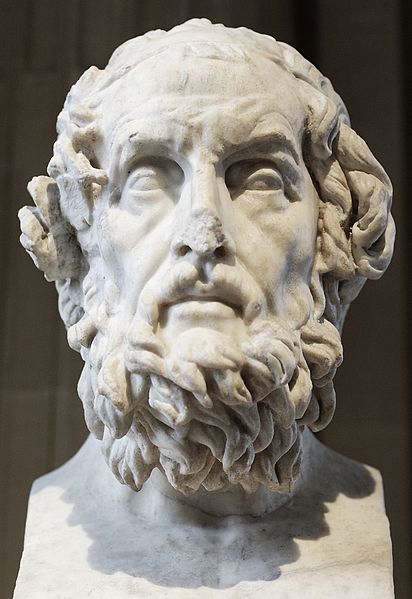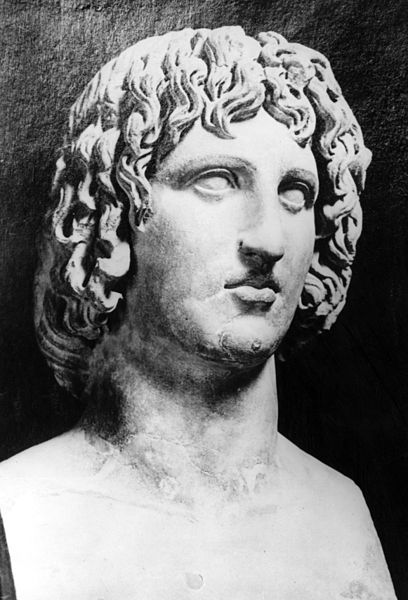Agnolo Ambrogini, commonly known as Angelo Poliziano or simply Poliziano, anglicized as Politian, was an Italian classical scholar and poet of the Florentine Renaissance. His scholarship was instrumental in the divergence of Renaissance Latin from medieval norms and for developments in philology. His nickname Poliziano, by which he is chiefly identified to the present day, was derived from the Latin name of his birthplace, Montepulciano.
Poliziano from a fresco painted by Renaissance artist Domenico Ghirlandaio in the Tornabuoni Chapel, Santa Maria Novella, Florence
Poliziano and Giuliano de' Medici, from a fresco painted by Renaissance artist Domenico Ghirlandaio in the Sassetti Chapel, Santa Trinita, Florence
The annunciation of the angel to Zaccharia 1486–90. Marsilio Ficino (left), Cristoforo Landino (centre), Angelo Poliziano (third), and Demetrius Chalcondyles (far right)
Style of Niccolò Fiorentino, Angelo Poliziano, 1454-1494, c. 1494, medallion in the National Gallery of Art
Classics or classical studies is the study of classical antiquity. In the Western world, classics traditionally refers to the study of Classical Greek and Roman literature and their related original languages, Ancient Greek and Latin. Classics also includes Greco-Roman philosophy, history, archaeology, anthropology, art, mythology and society as secondary subjects.
Homer, the legendary Greek author of the Iliad and Odyssey.
Cicero, the Roman statesman, is considered to be the master of Latin prose.
Aristotle, the Greek philosopher and polymath who shaped Western science for centuries.
Virgil, usually considered to be the greatest Roman poet.








